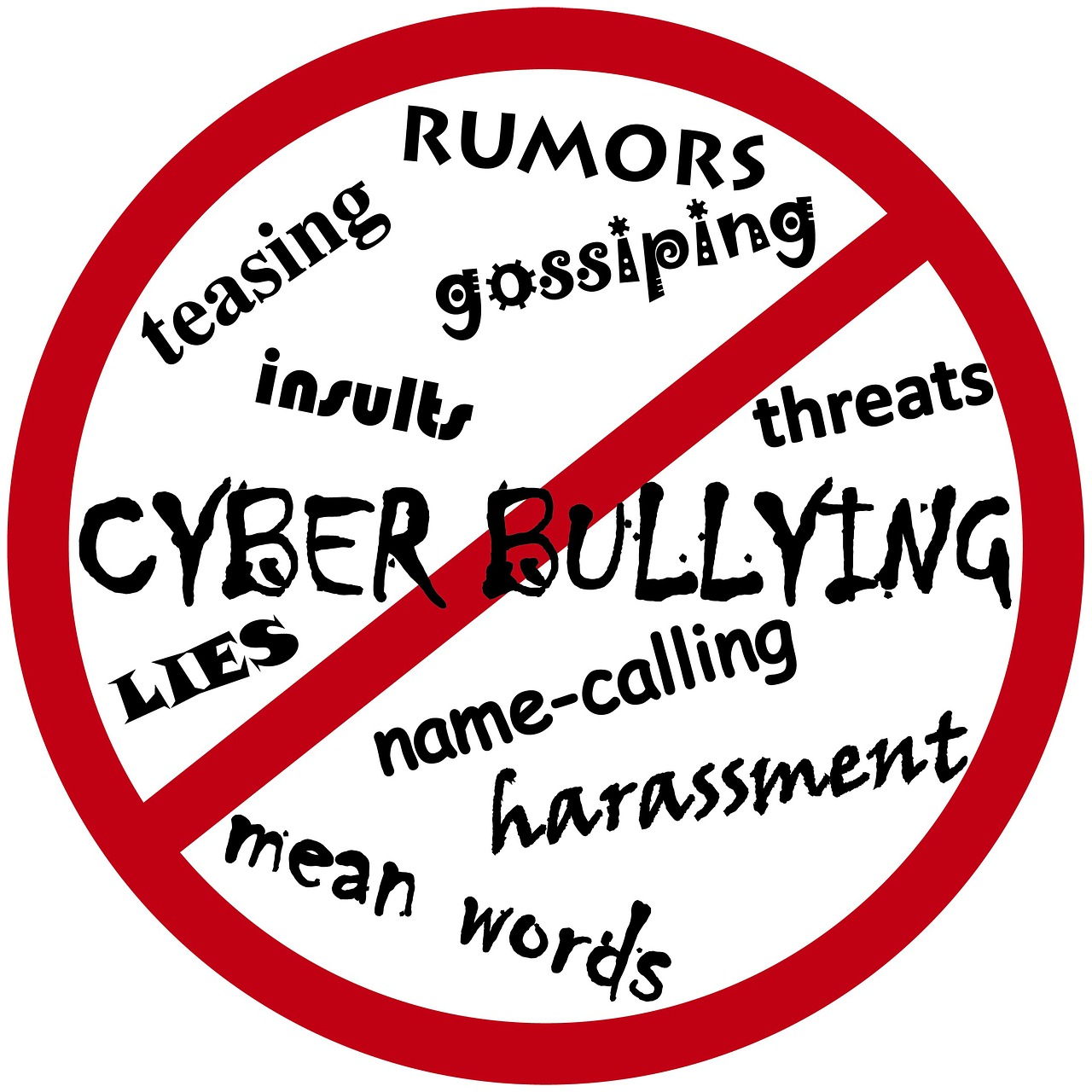Are you neurotic, narcissist or neurotypical?
Regardless of how hurtful people can be, if we are in a relationship with them, we tend to assume that they share our similar values. But this isn’t always true. And this common assumption can get us in a lot of trouble, especially with narcissists.
While there are others that think like us (to some degree), these days, we regularly encounter people who shock us. We find ourselves saying, “How could they say (or do) such a thing?” “Doesn’t he/she care about my feelings?” And if we love the person, we might find ourselves making excuses for a person who has hurt us because we want so desperately to hold onto our original view of the person we fell in love with in the first place.
Read MoreGhosts that Interfere with Healing
I was searching for effective means to address psychosis, and talking to a colleague (an M.D.), who shares my passion for integrative healing modalities. I asked him if he’d heard about effective approaches to address psychosis, and he pointed me to Dr. Barbara Stone and Robert W. Alcorn, MD who straddle the world between western medicine, shamanic healing and energy medicine.
Earthbound Spirit Attachments: aka ghosts
On their website, souldetective.net, I was guided to learn about earthbound spirit attachments (aka ghosts). I learned that they are beings that aren’t able to pass on to another dimension for a variety of reasons. Often they are confused and don’t know they are dead. Sometimes they don’t want to leave because they are attached to things on earth. Some are afraid of having to face what they’ve done on earth, and some have unfinished business.
I learned that there is a device called the Luminator that helps people see these entities with Polaroid photographs.
Read MoreFrom Trauma Drama to Ease in Relationships
I have a client who had 2 difficult housemates and didn’t feel like he could move. He called them entitled, and he felt like they regularly demanded far more from him than they were willing to do themselves. He often felt enraged, like a seething volcano about ready to erupt! He didn’t feel like he knew how to react to these kinds of stressful relationships!
He felt resentful because he was doing a large majority of the shared responsibilities. He was very concerned about saying something because he felt that, no matter how respectful he tried to be, they had a pattern of lashing out, being vindictive, or undermining his needs.
Read MoreWhy People are Cruel
I used to keep abreast of the news, but I find that I no longer can. Why? Because the news is barraged with reports of things cruel people said, cruel people did or cruel new laws that were passed, and I’m finding it too distressing to follow closely.
Similarly, I’ve noticed in my personal life and as a Holistic Brain Health practitioner, cruelty seems to be on the rise.
I was thinking this as I discovered the latest issue of Psychology Today, where the featured article discussed the rise of toxic behavior. According to the global communications firm Weber Shandwick, a record number of Americans (69% ) believe that American has a civility problem. It was 65% is 2010.
So what is causing the increase in cruelty?
According to the research by Weber Shandwick, most people blame politicians and social media. As I wrote in my article Why We Lack Control Over Our Thoughts, our environment and what we are exposed to has a profound influence on what we think. If we have any tendency to be cruel, the cruelty we see regularly in the news, in our social media and entertainment gives us unconscious permission to do the same. We are not immune from our environment. If we were, politicians and advertisers wouldn’t spend as much as they do trying to influence us.
That being said, we don’t all respond to watching cruelty in the same way.
Interestingly, in a study published in 2014, researchers showed that watching violence activates the brains differently in aggressive people than calm people. Aggressive people had reduced activity in the decision making part of their brain (the orbitofrontal cortex), and more activity in the emotional center of the brain (the amygdala). They also showed a rise in blood pressure.
So if aggressive people respond differently to watching violence than calm people, what makes people unkind in the first place?
Read MoreWhy Our Responses To Abuse Vary
You’ve seen it before. A man makes a comment that can be interpreted as insensitive or abusive depending on the listener, and every so often you hear a woman that rails into him, to just let him know how inappropriate he was. Seeing this is often shocking to those of us who are used to quietly taking it, wondering what we’ve done to justify his abuse.
Our responses to abuse can vary tremendously depending many factors.
A healthy response is one where we have a clear sense of when we, or others are being inappropriate. We know what we are willing to tolerate, and we don’t allow others to treat us badly. We can assert our right to be treated well without being abusive to those we feel are mistreating us.
An unhealthy response can take many forms.
Maybe we walk away and take it personally, and start to wonder if the abuser’s accusation are true.
Maybe we don’t anything to the abuser, and start asking ourselves, our friends or even God whether we had brought this abuse upon ourselves.
Maybe we lash out and become just as abusive towards the abuser.
Maybe we hold on to the belief that the abuser deliberately meant to hurt us, when the truth is far more complicated.
Maybe we refuse to see our role in the abuse.
With some people and some situations, we might respond well, whereas with others we may lose our cool.
So what are the factors that determine how we respond?
Read MoreHow to Deal With Bullies, Trolls and Haters
Last week, I submitted a comment on a blog, and got back the wrath of what I like to call an “angry man-child”. This person insulted me and everything that I said, and it was clear that he was ready to pick a fight. I felt myself getting defensive, and I started to think how I’d retaliate. But I quickly realized that my emotions were getting in the way of me. I decided that I’d try to call him out on his behavior by labeling it, and then I tried to respectfully use reason to argue my point.
I had hoped that I would increase his awareness of how he came across, but he came back with more vehement insults and lambasted me for not addressing his points.
I knew that he was an angry man-child, and that he was trying to defend an ego that someone in his past had insulted. But I still wanted to find a way to silence him. I wanted him to realize he was spreading anger and hatred that only hurt people and himself.
I couldn’t seem to let the issue go!
Read More








